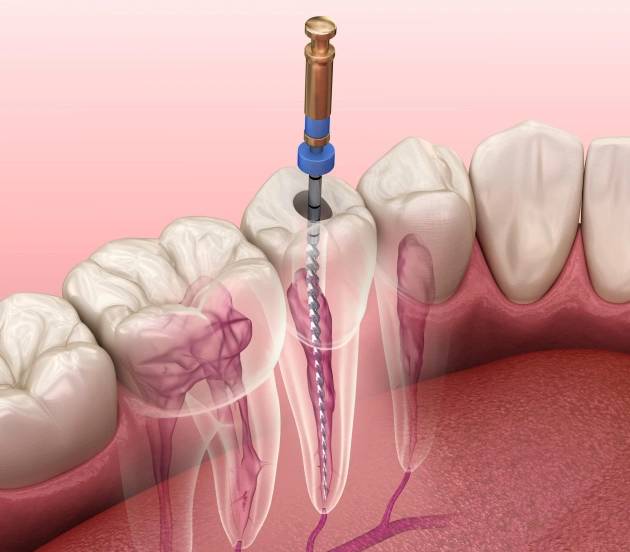periodontal specialist oklahoma city, periodontal specialist okc, gum disease specialist oklahoma city
Understanding Periodontal Disease
Periodontal disease, commonly known as gum disease, is a serious infection that affects the gums and can lead to tooth loss if not treated promptly. It typically begins with gingivitis, which is characterized by inflammation of the gums due to plaque buildup. Understanding the stages of periodontal disease is crucial for early detection and effective treatment.
There are two main stages of periodontal disease: gingivitis and periodontitis. Gingivitis is the early stage where gums may become red, swollen, and bleed during brushing. If left untreated, it can progress to periodontitis, where the infection affects the bone supporting the teeth, leading to potential tooth mobility and loss. Regular dental check-ups can help catch these issues early.
Symptoms of Gum Disease
Recognizing the symptoms of gum disease is essential for timely intervention. Common symptoms include swollen or bleeding gums, persistent bad breath, and receding gums. Patients may also notice increased sensitivity or pain in their teeth, as well as a change in bite or tooth mobility.
Other signs may include the presence of pus between the teeth and gums, and the formation of deep pockets around the teeth. If you experience any of these symptoms, it is important to consult a dental professional for an evaluation and appropriate treatment options.
Effective Treatment Options for Periodontal Disease
Effective treatment for periodontal disease varies depending on the severity of the condition. Initial treatment typically involves professional cleaning to remove plaque and tartar buildup. In more advanced cases, scaling and root planing may be necessary to clean below the gum line and promote healing.
In addition to professional treatments, patients are encouraged to maintain a rigorous oral hygiene routine at home, including regular brushing and flossing, as well as using antibacterial mouthwash. For severe cases, surgical options may be considered to restore gum health and prevent further damage.
Preventive Measures for Gum Health
Preventing gum disease is achievable through consistent oral hygiene practices and regular dental visits. Brushing twice a day and flossing daily can significantly reduce plaque accumulation and the risk of gum disease. Additionally, incorporating a balanced diet rich in vitamins and minerals supports overall oral health.
Regular dental check-ups are vital for catching early signs of gum disease. Dentists can provide personalized advice on maintaining gum health and recommend professional cleanings as needed. By prioritizing preventive care, patients can maintain healthy gums and avoid the complications associated with periodontal disease.


